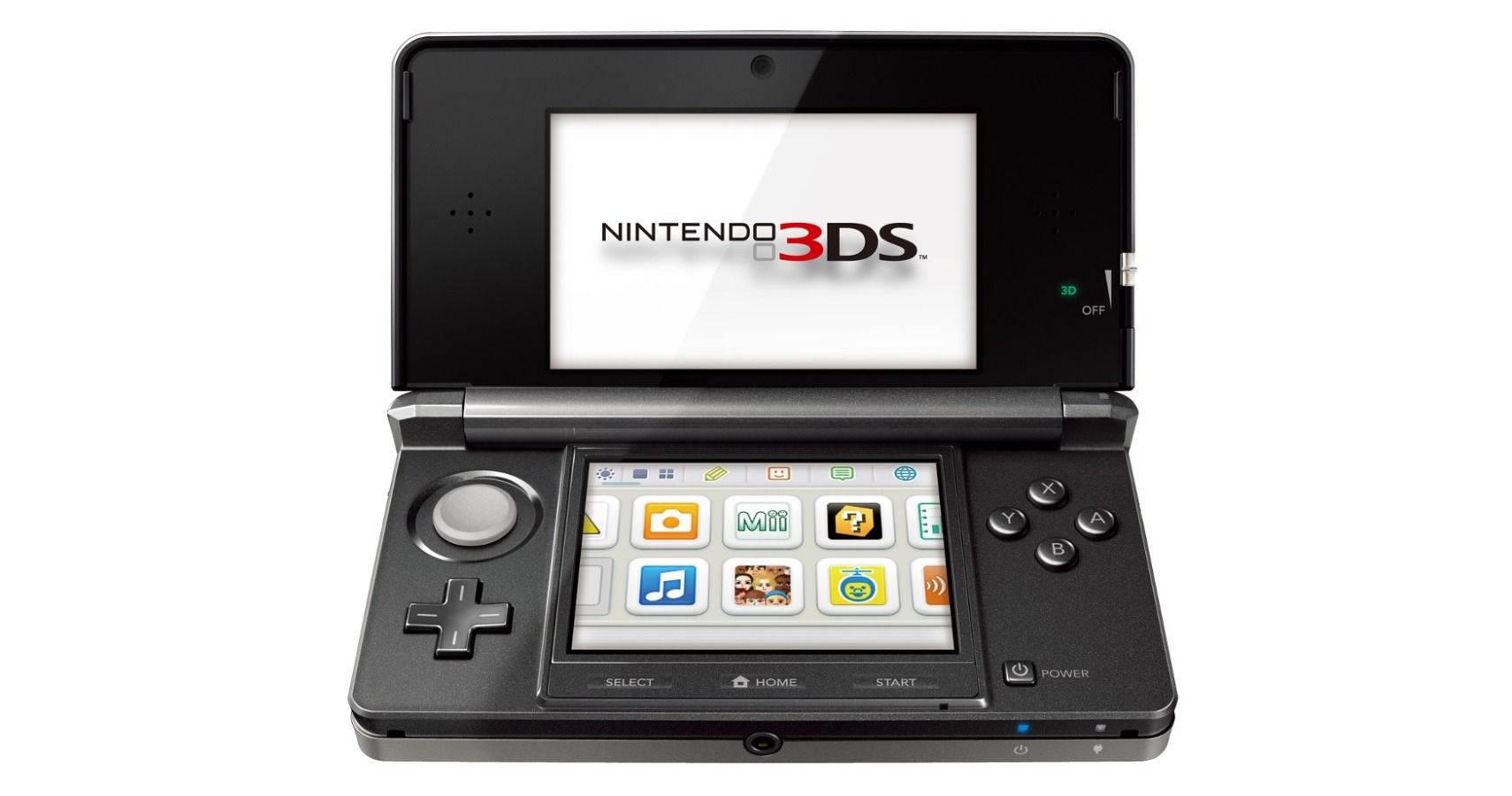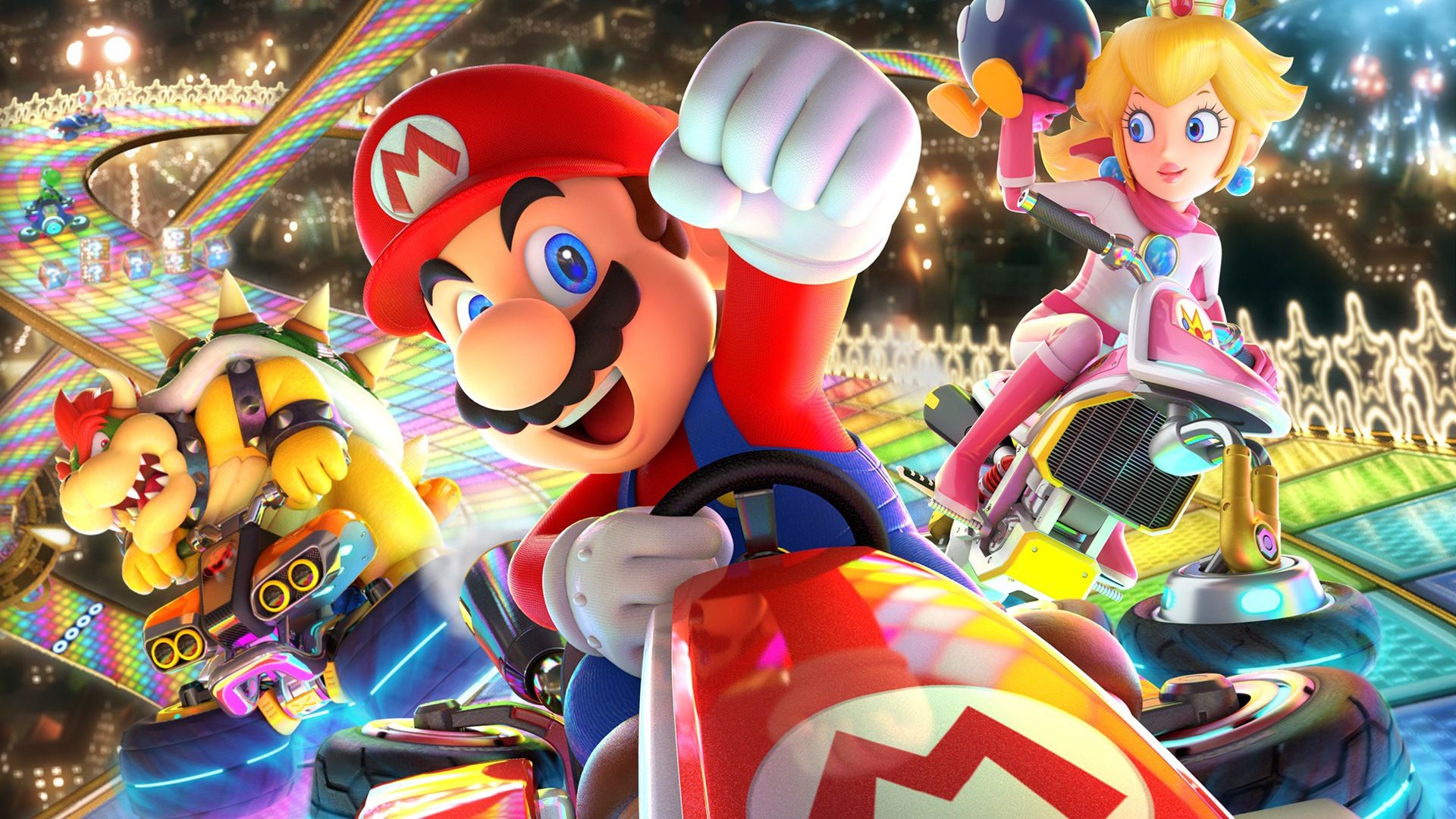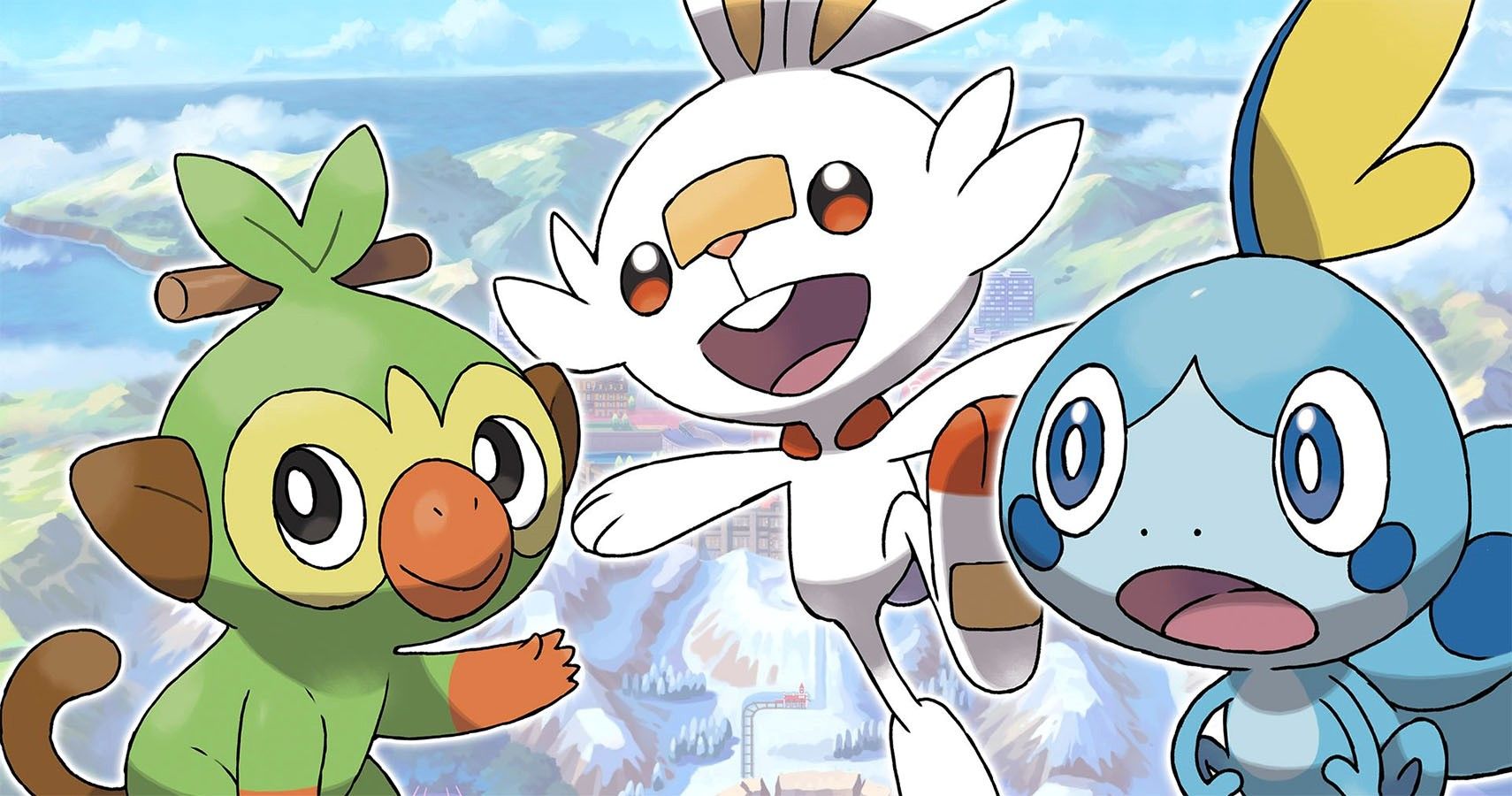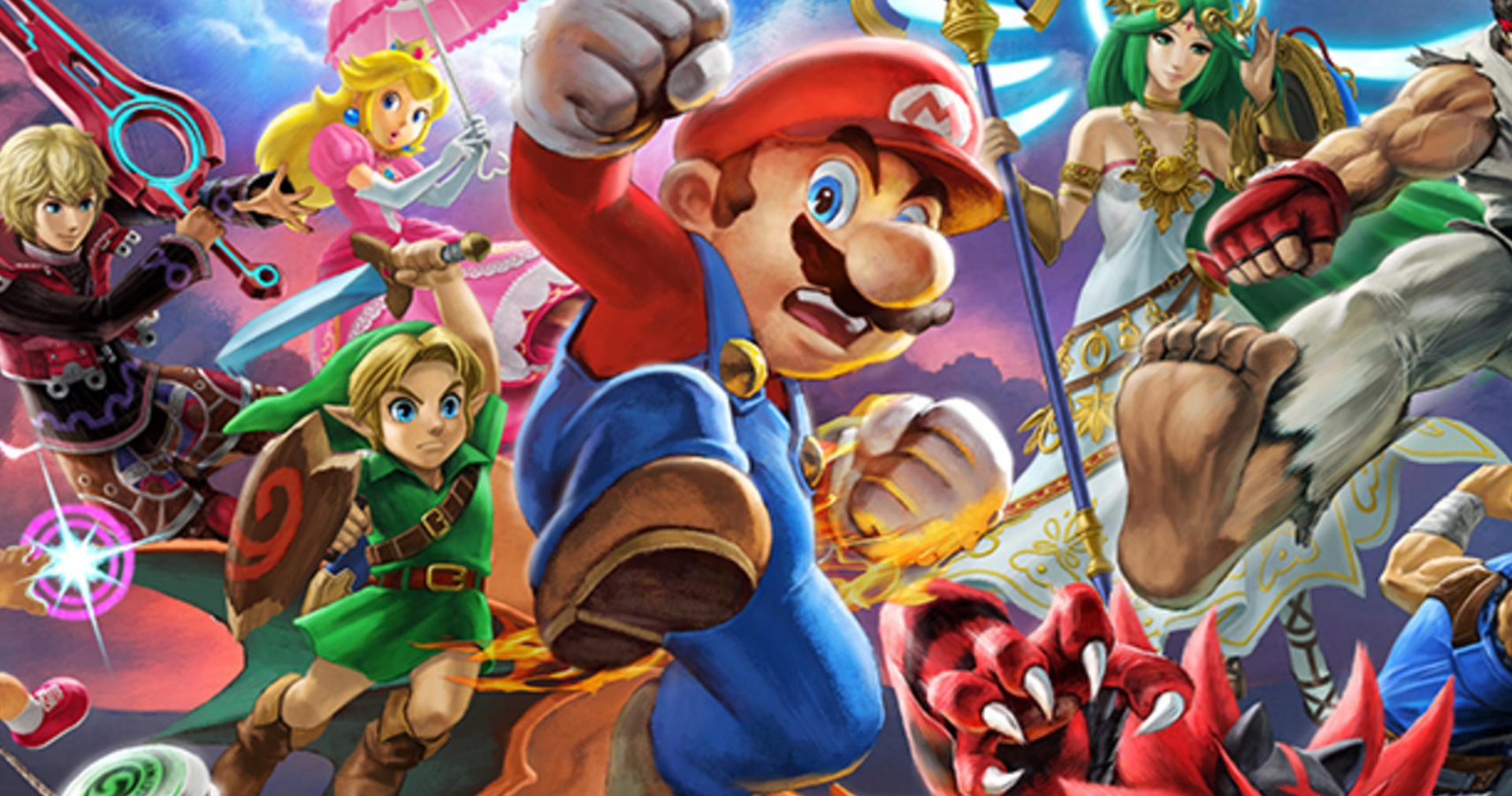One of the most frustrating aspects of being a Pokémon fan is the fact that the prices for the games rarely drop. Pokémon HeartGold was released in 2009, yet a boxed version of the game still costs around £40 to buy on eBay. The price of the Pokémon DS & 3DS games is so inflated that a cottage industry has built up around creating reproduction cartridges of the games, which eBay is somehow fine with selling.
The Pokémon franchise isn't the only Nintendo property that takes a while for prices to be reduced. The Legend of Zelda: Breath of the Wild was released two years ago, yet second-hand copies of the Nintendo Switch version of the game still go for around £40 on eBay. The games on the Nintendo Wii U have dropped in price, but that's mostly because of how poorly the system sold and the fact that improved versions of the game have been made available on the Nintendo Switch. There aren't that many Nintendo Wii U exclusives left and any one of them is viable for a Nintendo Switch port.
The first-party Nintendo games take a long time to go on sale, which is in stark contrast to the rest of the industry, where it's not uncommon to see a game have its price drastically reduced a few months after it has been released. Nintendo occasionally puts its titles into "Greatest Hits" lines at a reduced rate, but this usually happens years after their initial release. So, what is it about Nintendo that allows the company to maintain the value of its games?
Quality
The most obvious answer as to why Nintendo games take so long to go down in price has to do with their quality. Nintendo puts an incredible amount of work into its first-party games and they stand the test of time. This is the reason why the current best-selling game on the Nintendo Switch is an updated port of a game released in 2014, rather than a brand new title.
Nintendo has been making video games since the early '70s and many of their titles are still fun to play. The subscribers to the Nintendo Switch Online service can attest to how games like Super Mario Bros. 3 and Super Metroid are still as amazing now as they were in the '90s. This same level of quality has never wavered, which is why there is such a high demand for first-party Nintendo games, even on systems that were rife with piracy, such as the Nintendo DS and Nintendo Wii.
Exclusivity
Nintendo is known for making incredible first-party games. If someone wants to play these games at launch, then they need to buy a Nintendo console.
The vast majority of the video games released throughout the year are on multiple platforms, with many new titles launching on PC, PlayStation 4, and Xbox One at the same time. The PC platform has a way of devaluing a game at launch, due to the numerous storefronts and their regular sales. A canny PC gamer knows that they won't have to wait long for an EGS or Steam sale, or for a game to become part of a Humble Bundle deal. Nintendo isn't as quick to put its precious first-party games on sale and even when they do, they tend to only receive small reductions in price. There have been plenty of games that have been criticized for drastically cutting their price shortly after launch, such as Anthem and Fallout 76, yet you would never see Nintendo do this with a Super Mario Bros. game, regardless of how poorly it initially sold.
The slow rate that first-party Nintendo games enter sales can be frustrating for fans, especially those on a tighter budget, but it's one of the primary factors in these games retaining their value for so long.
Rarity
Nintendo started out as a company that manufactured playing cards, before moving on to toys. Nintendo has never really escaped from the mindset of being a toy manufacturer, which is why they rarely overestimate the demand for their games and systems.
The NES Classic Edition is a prominent example of Nintendo only releasing a limited number of systems to the market in order to drum up interest in the console. Nintendo had only ever intended to release a short run of the NES Classic Edition and it was mainly due to fan demand that more were made. If the NES Classic Edition had tanked, then Nintendo would have taken less of a financial hit in the beginning, yet they played it safe and had fans clamoring for more. Nintendo has pulled similar tricks with its video games and its due to these limited supplies that the price can remain high for years after their initial release.




